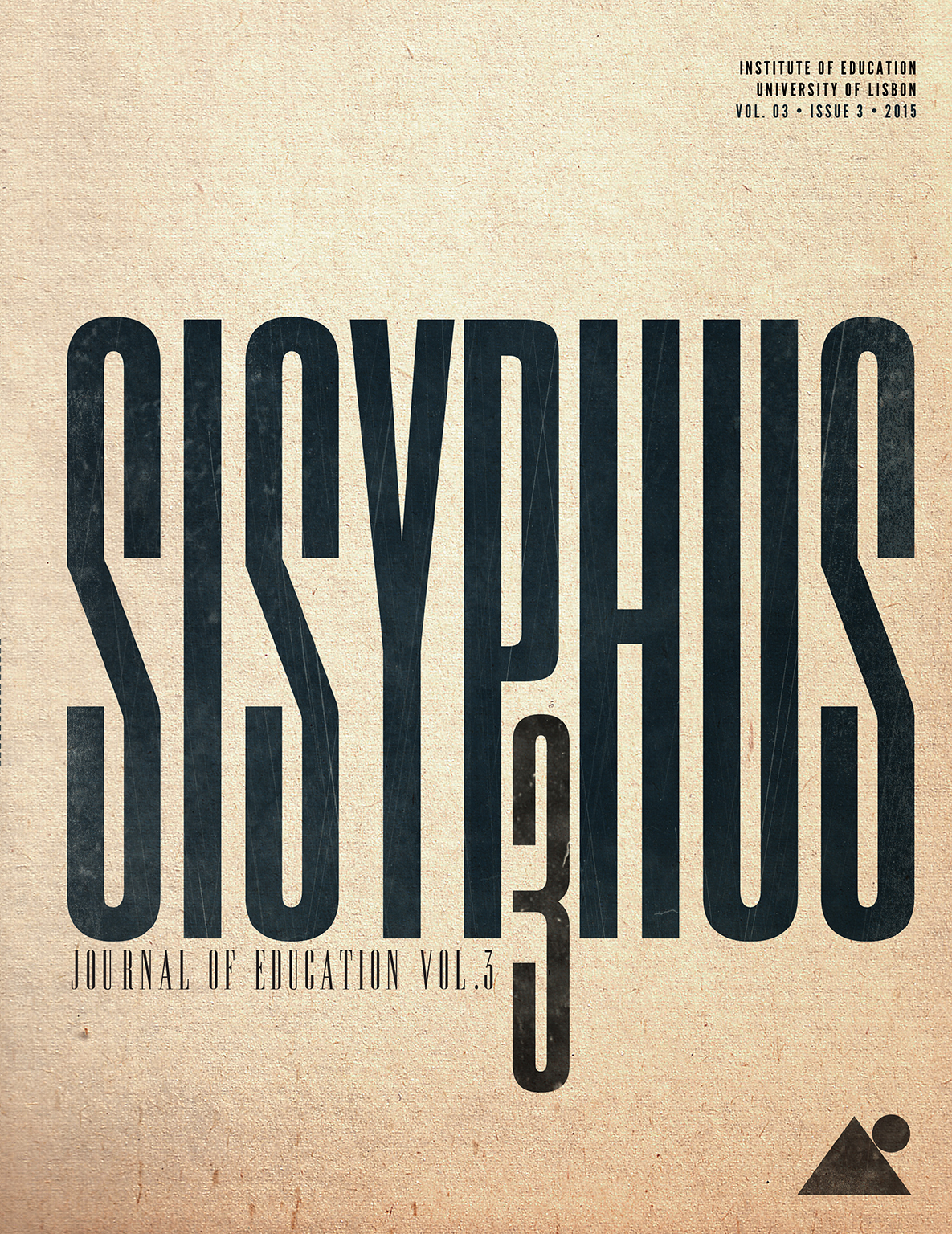Policies of Social Action and Inclusion and Current Brazilian Tensions
DOI:
https://doi.org/10.25749/sis.8903Keywords:
Inclusion, Learning, Homo oeconomicus discentis accessibilis, BiopoliticsAbstract
By briefly describing the events that highlight the emergence of policies of social action and inclusion in Brazil, from the 1930’s through the mid- 2010’s, this paper presents reflections about the production of a new type of individual who possesses, in the learning processes, the potency to invert the relationship between absolute poverty exclusion for the lack of competence- in/exclusion. Such policies, as they operate as State strategies for the biopolitical government of the population, produce in articulation with other practices what may be considered a subspecies of the Homo oeconomicus, namely, the Homo oeconomicus discentis accessibilis. The digital inclusion is discussed as an important and effective operator for inclusion in Brazil.Downloads
Downloads
Published
Issue
Section
License
Copyright (c) belongs to Sisyphus - Journal of Education. However, we encourage issued articles to be published elsewhere, provided that Sisyphus authorization is asked for and that authors integrate our original source citation and a link to our website.
Author Self-Archiving Policy
Author(s) are permitted to self-archive the final published version in institutional or thematic repositories, and in their personal or institutional websites.
DORA Signer
The Instituto de Educação da Universidade de Lisboa, Sisyphus' Publisher, is a San Francisco Declaration on Research Assessment signer.






